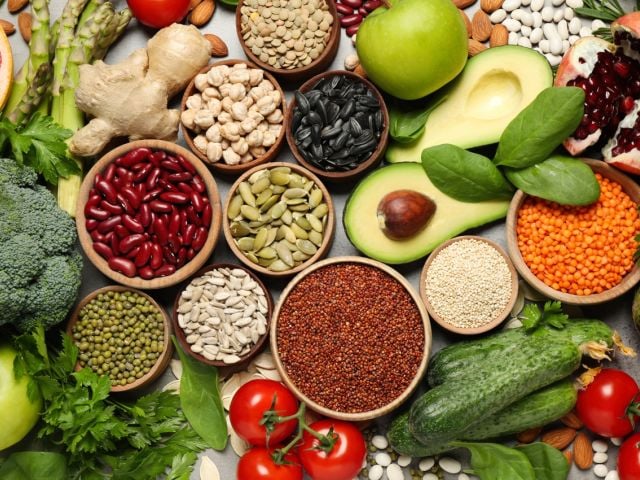Washington, D.C. – A new EWG analysis has found propyl paraben, a preservative linked to hormone disruption and not allowed in food sold in the European Union, in nearly 50 U.S. snack foods, including Sara Lee cinnamon rolls, Weight Watchers cakes, Cafe Valley muffins, and La Banderita corn tortillas.
Analysts used EWG Food Scores: Rate Your Plate database, which houses rating information on 82,000 foods and 5,000 ingredients, to determine which foods contain propyl paraben.
Click here to see the full list of foods that contain propyl paraben.
The findings are significant because a review of the latest scientific research shows that propyl paraben acts as a weak synthetic estrogen and can alter hormone signaling. A recent study by Harvard School of Public Health suggested that exposure to the chemical might be associated with diminished fertility, while another study found that it led to decreased sperm counts in rats.
EWG has launched a social media campaign and online petition to pressure manufacturers who use propyl paraben in food to remove it from their products.
Last year, EWG turned the spotlight on propyl paraben in food in its Dirty Dozen Guide To Food Additives. The federal Food and Drug Administration has listed its use in food as “Generally Recognized As Safe” or GRAS for decades. EWG has called on the agency to reassess the safety status of propyl paraben in light of the new science that links it to hormone disruption.
“It is of great concern to us that the use of an endocrine-disrupting chemical in our food is considered safe by our own government,” said Johanna Congleton, Ph.D., M.S.P.H., a senior scientist at EWG. “Studies show that chemicals that disrupt hormone signaling can lead to developmental and reproductive problems.”
“The U.S. regulatory process is failing to protect us and our food supply,” Congleton said. “European Union regulators do not permit propyl paraben in food. So why do we?”
In 2006, the European Food Safety Authority said propyl paraben could no longer be used in food. The decision was based on research that showed the preservative affected sex hormones and sperm counts in young rats.
Propyl paraben is used as a preservative in some cosmetics and personal care products such as body washes and lotions, as EWG’s Skin Deep database shows. Some companies, including Johnson & Johnson and cosmetics giant Revlon have taken steps to cut out some parabens from their products because of relentless pressure from consumers and health advocates.
“Companies that still add parabens to their products need to hear from us loud and clear,” said Renee Sharp, EWG’s director of research. “Ingredients that can disrupt hormone signaling should not be in any product we eat or put on our bodies.”
“It is clear that some companies have figured out a way to make their products without this unnecessary and potentially harmful chemical,” Sharp said. “It is time for the rest of them to catch on and go ‘paraben free’.”
EWG recommends that consumers read labels to avoid products that contain parabens, especially the long-chained varieties—propyl paraben, isopropyl paraben, butyl paraben and isobutyl paraben. Consumers can use EWG’s Skin Deep mobile scanning app while shopping to find cosmetics and personal care products without them, and use EWG’s Food Scores smartphone app to find cleaner food options.



